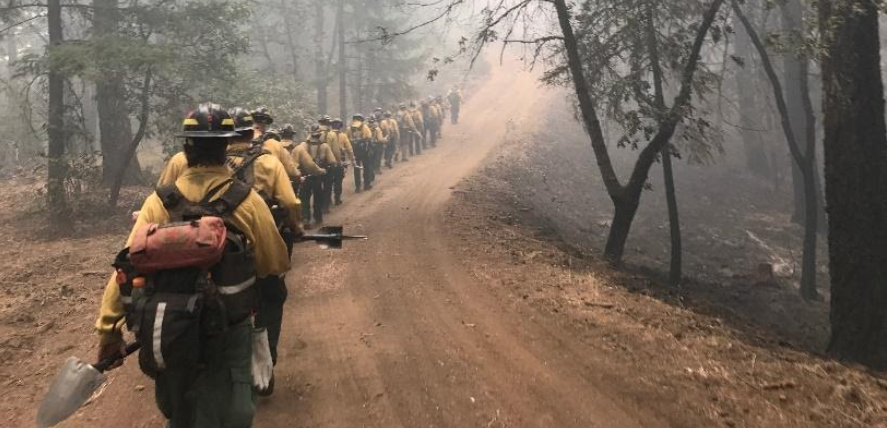ASSISTANCE
We will happily answer any of your employment-related questions and provide assistance if you experience difficulties creating your user account, registering for class or a pack-test. If you have any questions, do not hesitate to call our office at 541-967-8425.
